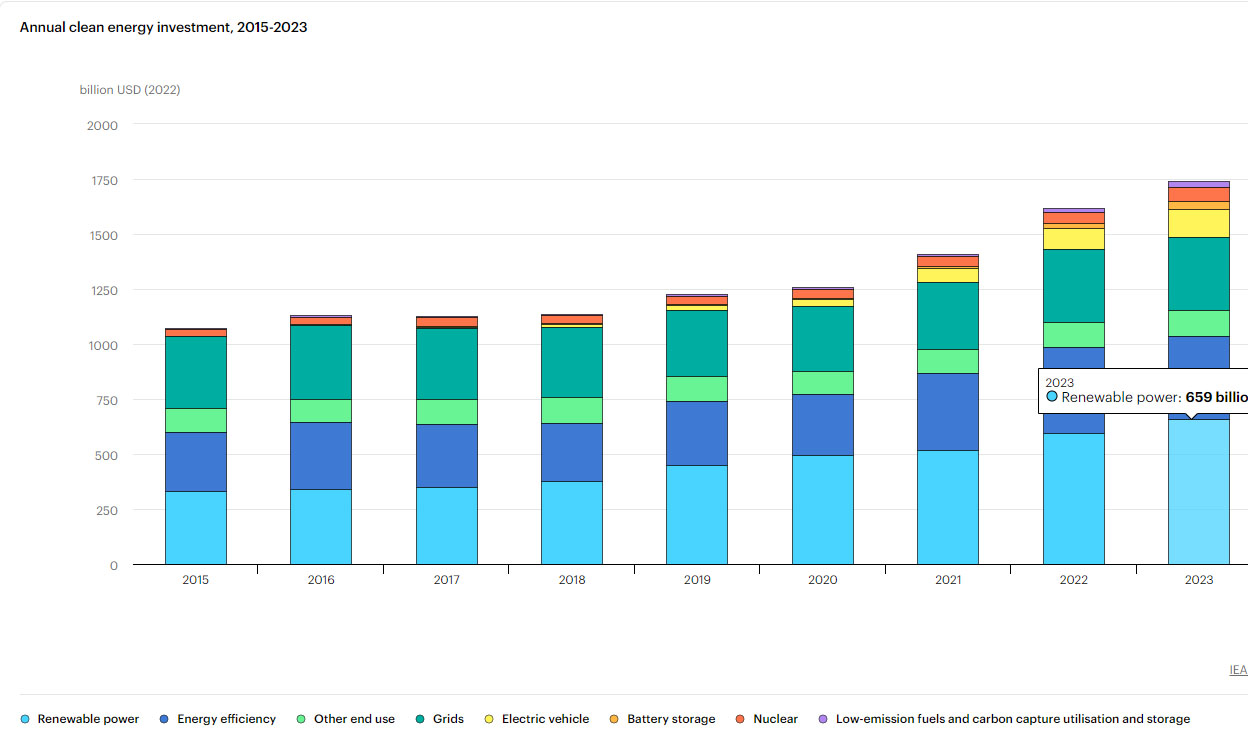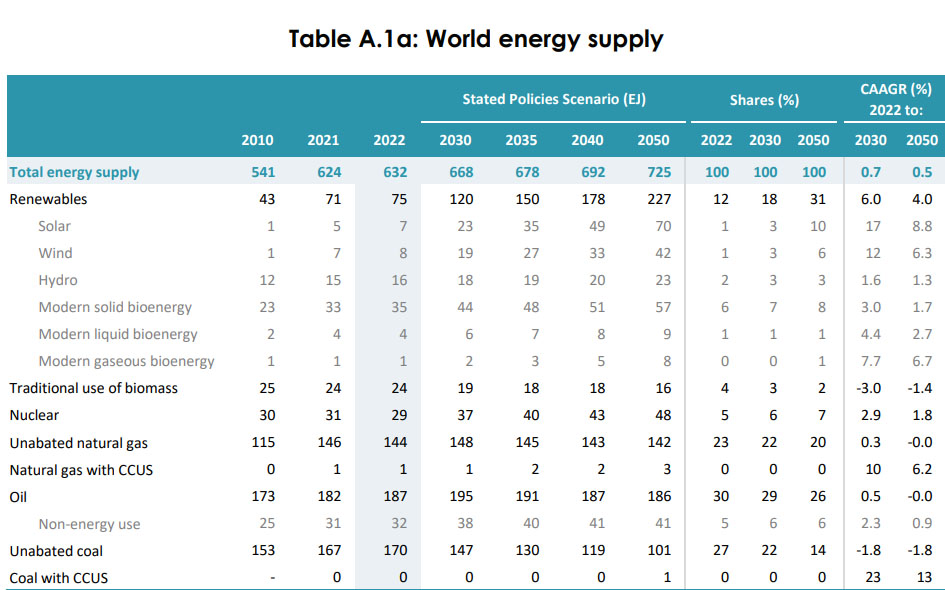Science
Related: About this forumChina Quadrupled Its Nuclear Power Production in 10 Years; Is Predicted to Pass the US In 2030.
I'm going through some back files on my Carbon Brief Newsfeed, and came across this article from about a year ago:
Q&A: How China is using nuclear power to reduce its carbon emissions
Some excerpts:
Despite only starting to develop the technology in the mid-1980s, decades later than some other major economies, China is expected to have the world’s largest nuclear fleet by 2030.
Electricity generation from nuclear power plants has already increased nearly fourfold in the past decade, with China overtaking France to become the world’s second-largest producer...
...For now, China is now the world’s second largest nuclear energy producer behind the US, having overtaken France in 2020. By the end of June 2023, China had an installed capacity of 57 gigawatts (GW), according to official data...
...It has 23 nuclear units under construction, totalling more than 21GW of additional capacity. In addition, China approved 10 new reactors in 2022 and another six units in early August 2023...
In the "percent talk" utilized by advocates of the solar and wind industries which have proved - numbers don't lie - useless in addressing global heating or the rate of acceleration of the destruction of the planetary atmosphere, this is 400%!!!!!!! in ten years.
"Percent talk," however, as I often point out, is not only innumerate but is intentionally misleading, as is the use of the unit "Watt," as in "GW," above to describe systems without reference to capacity utilization, the fraction of time that a system is operating. The unit of energy is the "Joule," often described (more honestly) with the derived unit Watt-Hour (the Watt itself is a derived unit, J/sec) since the Joule can be recovered as power times time. Nuclear power plants routinely operate at 90% to 100% capacity utilization, where as the useless wind industry is lucky to operate at 30% capacity utilization, and then at arbitrary times that are in now way tied to demand. (It can be shown that Danish wind turbines have operated at well less than 30% over decades of wind power hype in that offshore oil and gas drilling hellhole.)
I am told sometimes that building nuclear power plants is "too slow" and "too expensive," this by people who may not have considered that global heating is "too fast" as well as "too expensive." Innumeracy is very popular these days, which is why trillions upon trillions of dollars have been expended on solar and wind energy with no result with respect to global heating other than to accelerate it:
Numbers don't lie:

IEA overview, Energy Investments.
The graphic is interactive at the link; one can calculate overall expenditures on what the IEA dubiously calls "clean energy."
Apparently, in China, building nuclear power plants is not "too slow" or "too expensive," just as it wasn't "too slow" or "too expensive" in the US when the US built more than 100 reactors in about 25 years while providing some of the lowest cost electricity in the first world. This of course, was in the 20th century. The people who built those reactors gave a gift to those of us living in the 21st century.
There are those among us who are content to leave for later generations, in the later 21st century and beyond, nothing like a nuclear infrastructure, but are rather willing to leave nothing more than a huge waste dump, the worst portion of which will be in the planetary atmosphere.
The linked article reports that in "percent talk," China's nuclear power industry provides 5% of China's electricity; the country is still dominated by coal power. However, every nuclear plant that is built is a coal plant that is not built.
Neither the solar nor the wind industry, in an atmosphere of wild cheering for the rendering of vast stretches of wilderness into industrial parks, have produced anything near the approximately 30 Exajoules (note the unit energy, not power) that nuclear power has been producing for more than 3 decades in an atmosphere of mindless vituperation.
The numbers are here: 2023 World Energy Outlook published by the International Energy Agency (IEA), Table A.1a on Page 264.

Numbers don't lie. People lie, to themselves and to each other, but numbers don't lie.
In the time I've been writing at DU, beginning in November of 2002, during which I've experienced much criticism for my immutable views on energy and the environment, the concentration of the deadly dangerous fossil fuel waste carbon dioxide has risen, as of this data published last week at the Mauna Loa CO2 Observatory, by 53.38 ppm, from 372.02 ppm to 425.95 ppm as of this writing.
The word Schadenfreude implies that one is taking a certain pleasure in the failure of others, connotatively with respect to the failure connected to actions one has opposed. I opposed and still oppose the demonization of nuclear energy, which I regard as the last, best hope of humanity and I have grown, largely during my tenure here, on consideration of the details, to oppose the solar and wind industries, as they are dependent on access to dangerous fossil fuels.
The outcome of the international rejection of views like mine, although clearly things are changing in places like China, with the wolf at the door, is written in numbers.
This said, I can take no pleasure in this outcome. I am a member of humanity after all; fire burns the just and the unjust alike.
Have a wonderful weekend.
jujubeets
(80 posts)China doesn't care how many of its citizens glow in the dark. Here we will have safe and closely regulated compact fusion reactors without the huge boondoggles accomplishing nothing like favored by Republicans like in Georgia.
NNadir
(37,327 posts)Nevertheless, I reject it wholly. Regrettably we will not have the opportunity for further discussion of your remarks, as I have precluded myself from any such further interactions.
cachukis
(3,677 posts)kimbutgar
(26,867 posts)NNadir
(37,327 posts)...real "secrets" to nuclear engineering other than the willingness to learn, concern for the future of humanity, and the ability to think clearly.
Vast amounts of information is publicly available as I know personally, since all of the nuclear engineering I personally know came from reading such information over the last 35 years.
Turning our backs on nuclear energy has been a huge mistake.
China's status as the colossus of renewable energy is set to be cemented in the next five years, with the world's second-biggest economy adding more capacity than the rest of globe combined.
The International Energy Agency said in its Renewables 2023 report, released on Thursday, that China will account for 56% of renewable energy capacity additions in the 2023-28 period.
China is expected to increase renewable capacity by 2,060 gigawatts (GW) in the forecast period, while the rest of the world will add 1,574 GW, the IEA data showed.